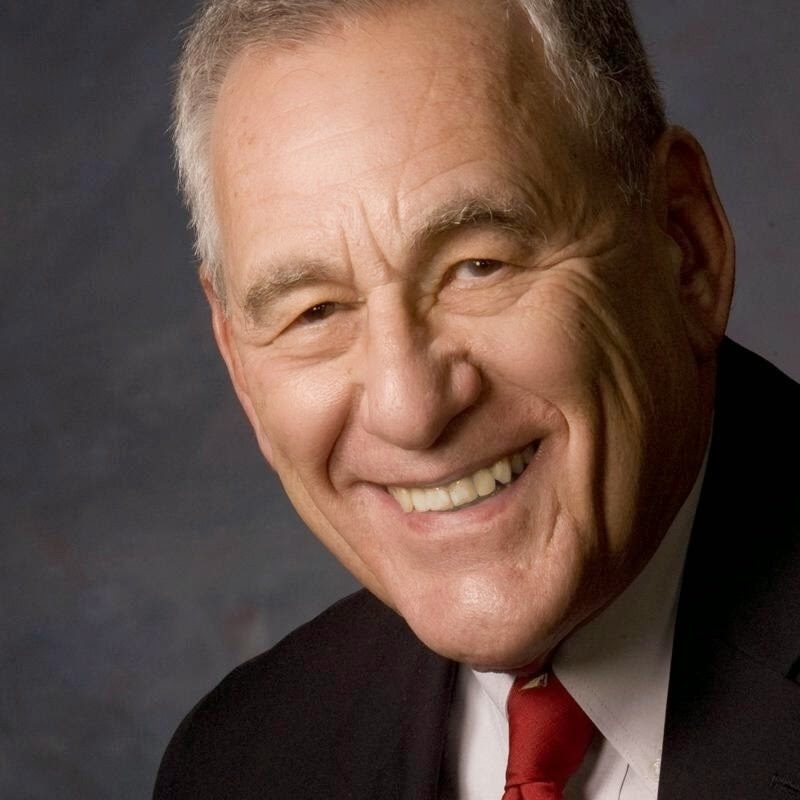Gov. Paul LePage recently ordered state agencies to submit all proposed rules for his approval before they are made public.
His action raises the question of how much power may be exercised by the head of the executive branch of government over state agencies.
The governor is following in a tradition started by President Ronald Reagan in the 1980s. But the theory got its big boost when it was frequently cited by President George W. Bush.
It all has to do with a concept called the “unitary executive.” Here’s the question raised by this concept: because the president or governor is the head of the executive branch, must any federal or state agency follow his or her orders even contrary to legislative intent?
At the federal level, the president’s assertion of such control is based on two provisions of the U.S. Constitution. Article II provides that the “executive Power shall be vested in a President of the United States of America.” It also says that “he shall take care that the laws be faithfully executed.”
Presidents have interpreted that “faithfully executed” means that laws must be carried out in line with the Constitution and that they have the right to determine what’s constitutional. They maintain the executive power under the Constitution gives them complete and exclusive authority over any federal agency.
In addition to the executive branch departments, they consider so-called independent regulatory agencies like those dealing with the environment or financial institutions to be under their control.
In practice, both Reagan and Bush asserted their position in statements issued when they signed bills passed by Congress. They knew that an outright veto might be overridden by Congress, so they said they would not enforce some provisions, which they believed infringed on their rights as chief executive. In short, certain directions from Congress to executive agencies would not be followed.
If Congress has a different view, the best it could do is pass bills that are quite specific and hope that the president would sign them. Otherwise, no court would settle a dispute between the president and Congress over their respective powers.
It remains unclear if any person affected by the law could successfully bring a lawsuit to force an agency to act against the president’s will.
If successive presidents adopt the unitary executive theory, and they appoint persons who accept that approach, in practice the issue would ultimately be resolved in favor of the theory.
Still, even the most aggressive application of the theory seems to have limits. No president has yet acted to order the Federal Reserve, by law the independent manager of monetary policy, to take any specific actions. And the Constitution itself says that government departments may have certain powers given to them by Congress.
While Gov. LePage has not offered a legal argument for his order, the Maine Constitution echoes its federal counterpart. It states: “The supreme executive power of this State shall be vested in a Governor.” And, just as in the federal Constitution, it says: “The Governor shall take care that the laws be faithfully executed.”
The governor’s formal order to state agencies may be similar to informal control by his predecessors over at least some entities that are usually considered part of the executive branch. Some governors have required that they review certain proposed rules to ensure they conformed to their policies.
The Maine Legislature has regarded agency rulemaking as a delegated legislative function. By law, it can tell agencies to issue what are called “major substantive rules.” Such rules must be authorized by the Legislature before final adoption, making it possible for the Legislature to refuse to authorize a rule if it differed with the governor. Of course, a deadlock could prevent any rule, in effect giving ultimate authority to a governor.
And there also remains the question of what agencies the governor includes in the scope of his review. Will the order extend to the Public Utilities Commission or the board that licenses medical doctors, which have previously been regarded as independent?
At the federal level, the unitary executive theory is meant to increase the power of the president relative to Congress. In applying it, a president may go to considerable lengths to make sure that only he or she gives orders to agencies. Does that control would limit the ability of Congress to pass legislation setting policy?
At the state level, the theory may make it possible for a governor to block a legislative directive to an agency to make rules on certain matters. At the moment, the practical implications of the theory in Maine remain to be seen.




